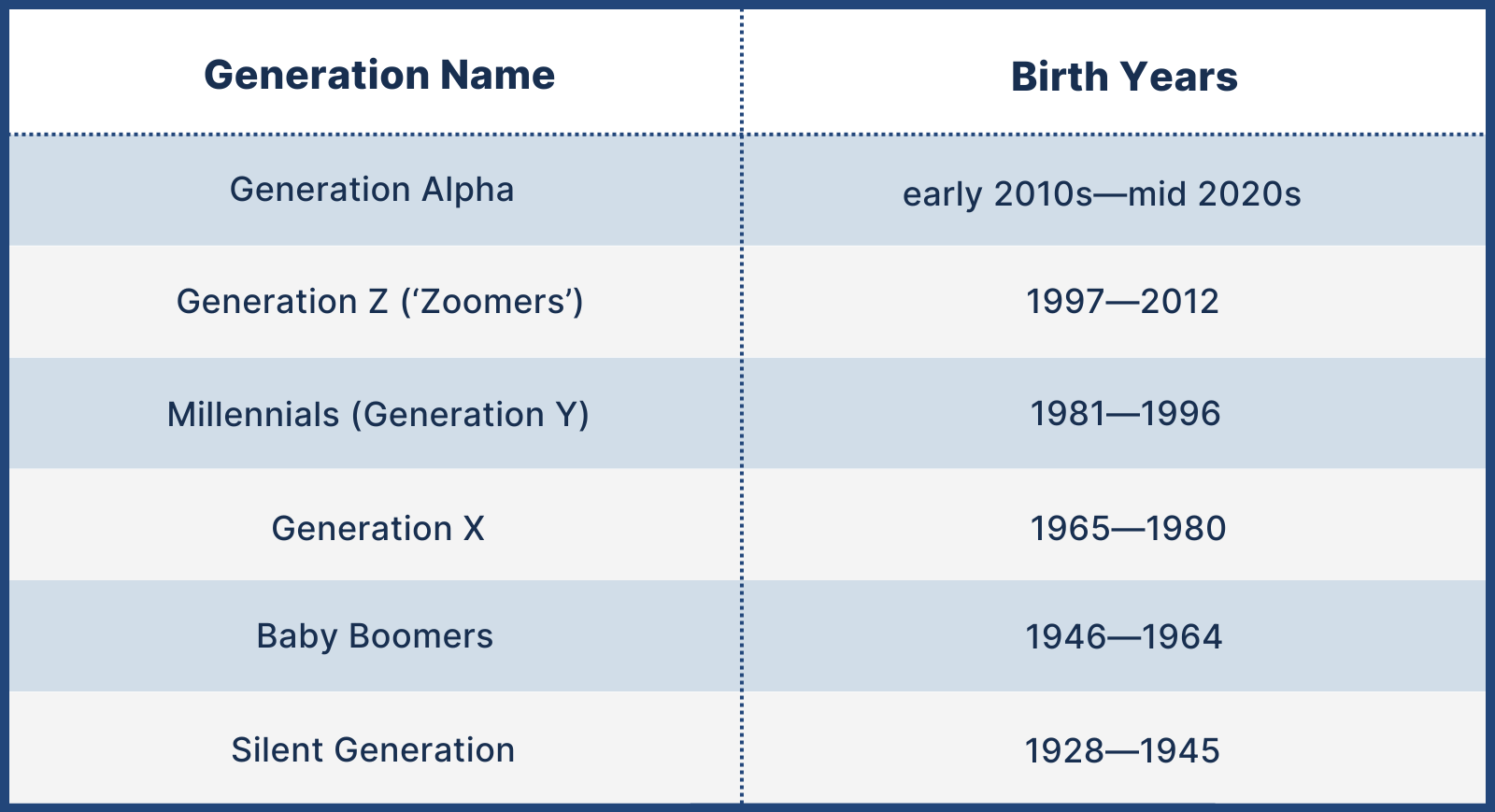If you’re a Baby Boomer, you may not like what you’re about to read. New research found measurable differences in teacher quality between different generations of teachers—with Baby Boomers being least effective.
In their recent study, OK Boomer: Generational Differences in Teacher Quality, three economists, Nhu Nguyen of the University of Chicago; and Ben Ost and Javaeria Qureshi of the University of Illinois (none of whom, it’s safe to say, are Baby Boomers), set out to study the differences in teacher impact by generation. They examined the overall effectiveness of teachers at improving student test scores as well as teacher impact on Black and white students.
The researchers used administrative records from North Carolina Public Schools from 1997 to 2016 to examine the effect teachers of different generations have on students’ math and reading scores, controlling for variables like their years of teaching experience.

They found that Gen X teachers raised student math scores by a significant amount compared to Baby Boomer teachers, and Millennial teachers raised math scores even more than Gen Xers. They also found that younger generations of teachers are significantly better at teaching both Black and white students, though the improvements for Black students are significantly larger than those for white students. When they studied these findings by the race of the teachers, they found that the difference in improvement in the results for Black students compared to white students is driven by white teachers becoming much more effective at teaching Black students than earlier generations had been. They explain, “[t]he race-specific improvement for Black teachers is more muted, but recent generations of Black teachers appear to be substantially more effective than Baby Boomer Black teachers.”
Notably, reading scores told a different story. The researchers found no meaningful difference in teacher quality among the older and younger generations when it came to reading.
Attempting to explain the significant math results, the researchers looked at a variety of factors, including teachers who leave the profession before five years, teacher characteristics (e.g., gender, race/ethnicity, advanced degrees), and measures of teacher biases (described more below). Of these, they only found evidence of teacher racial bias affecting the results—meaning that younger generations of teachers had lower levels of implicit racial bias. They underscore, however, that teacher bias alone wasn’t enough to completely account for the differences in student results.
To measure bias, the researchers applied a test designed to detect racial bias.
For the years 2006-2013, the administrative data included teachers’ predictions for how their students would perform on their end-of-grade tests. Using that data with students’ objective, blindly scored performance on those exams, the researchers were able to identify each teacher’s bias (or lack of bias) for their Black students compared to their white students (notably, the researchers only looked at these two student groups). Baby Boomer teachers tended to predict that their Black students would perform lower than their actual performance, relative to how they predicted white classmates would perform, and they were less likely than Millennial teachers to think that their Black students would exceed expectations. For teachers outside of the 2006-2013 date range, the researchers supplemented their analysis of racial bias with data from the Project Implicit Database to describe birth cohort differences in implicit racial bias among teachers more generally.
This matters, of course, because teacher expectations affect student achievement and academic trajectories, though it’s unclear why this effect shows up here in math but not reading.
Given that the research was specific to North Carolina Public Schools, the extent to which we can generalize these findings to a broader teacher workforce is limited. But if the results are an indication of real generational differences in teacher quality, this raises critical policy questions. For example, if older generations of teachers tend to be less effective in teaching students math, why would districts continue to pay teachers more based on their years of experience? Does it take the wind out of the sails of Last-in, First-out layoff policies where younger, less experienced teachers are cut first? This study is a provocative test of our assumptions about the characteristics of effective teachers.
More like this

Do teachers keep improving over time?
Challenging some assumptions, perhaps, new data shows that veteran teachers continue to improve late into their careers.

How Black teachers make a difference
New research digs deeper into the well-documented positive impact that Black teachers have on students’ academic and life outcomes.

From the source: What strategies do teachers of color believe will be most successful in recruiting and retaining teachers of color?
A new RAND Corporation survey asked teachers what would be the most effective strategies to recruit and retain more teachers of color.

